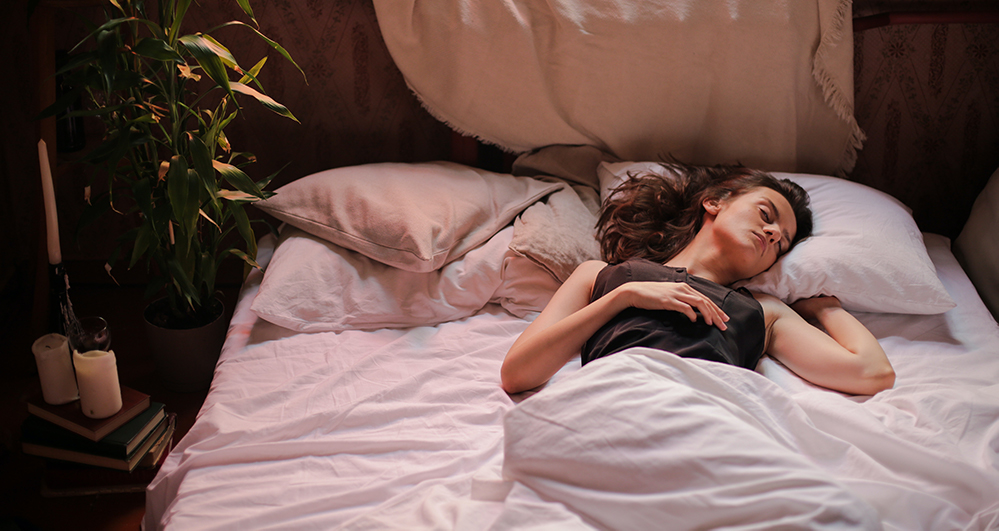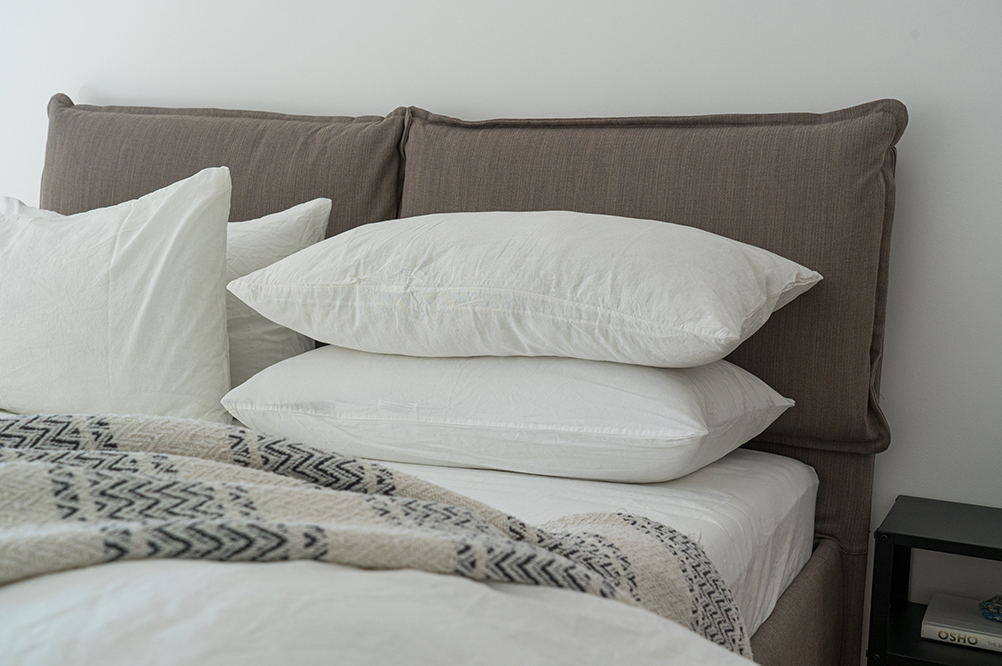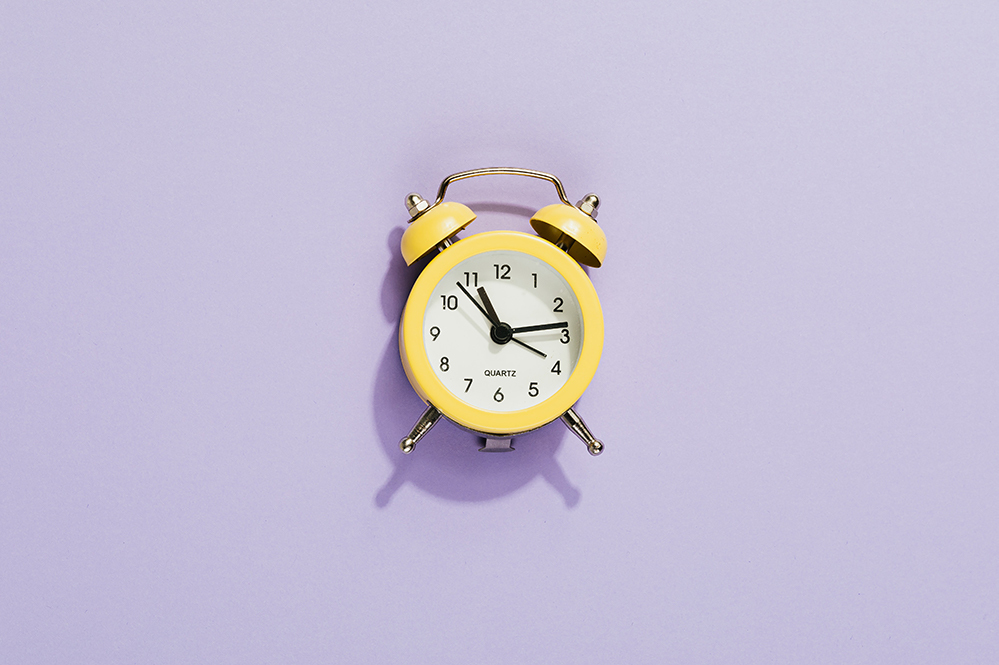
5 Tricks For Sleeping Better At Night
Prepare yourself to tackle numerous career and personal commitments for the day.
Achieving good sleep should be everyone's priority as it has various wonders for one’s overall health and well-being. By enjoying a tight sleep every night, you can prepare yourself to tackle numerous career and personal commitments for the day.
However, despite the importance of sleep to day-to-day life, some people aren't just paying enough attention to having sufficient and good quality sleep. Still, it's always best to end a well-spent day with a fulfilling sleep. To help you out, take a look at these tricks and tips so you may sleep better at night:
1. Invest In A Good Mattress
Your mattress is one of your sleeping companions that can heavily differentiate a sound sleep from a bad one. If you're struggling to achieve a sound sleep every night, your mattress may be one of the causes. Thus, it's worth considering replacing your bed with a new, high-quality one that suits your sleeping needs, situation, lifestyle, and preferences.
However, it can be difficult to choose a mattress with a sleeping partner as you have differences in body weight, sleeping position, and preference in mattress material. Thankfully, hybrid mattresses offer the best of both worlds. Click to read more about hybrid mattresses and other mattress recommendations to help you sleep soundly.

2. Stick To A Consistent Sleep Schedule
Sufficient sleep always starts with discipline. Your body's like a machine–it has an internal body clock that tells itself when to sleep or wake up based on your regular sleeping schedule. If you tend to stay up all night and wake up late in the morning, this vicious cycle will only continue.
One tip to improve your sleep is to make a proper sleep schedule and stick with it. Ideally, you should attain seven to nine hours daily. You can determine what time you need to sleep by winding down your required sleep hours from your waking time.
Moreover, make sure that you'll follow this sleep schedule even on the weekends. A slight shift in your sleep-wake cycle can cause a huge disruption.
3. Follow Your Circadian Rhythm
As mentioned earlier, your body relies on its internal clock to run your sleep-wake cycles, which can also be impacted by your surroundings. If your environment sends the wrong signals to your body, your sleep-wake cycle will be confused. Consequently, this will affect your brain, hormones, and entire body.
Along with following a strict sleeping schedule, respect your circadian rhythm by optimizing your daytime and night-time surroundings. During the day, get as much sunlight or artificial bright light to boost your daytime energy. You can also improve your night-time sleep duration and quality by doing so.
On another end, minimize your blue light exposure in the evening as it can keep you awake longer. Avoid blue light exposure from digital screens such as smartphones, laptops, computer monitors, and TVs at least two hours before bed. Exposing your body to blue light will trick your body that it's still daytime, delaying your sleep.

4. Avoid Afternoon Caffeine
Caffeine is most people's go-to energy-boosting drink. While it's best to have a morning cup of coffee daily, consuming it in the afternoon will give you a hard time sleeping later at night. After six or more hours, half of the caffeine you've consumed will remain in your system at night, impairing your sleep cycle.
If you want to take caffeine for an energy boost, the morning is the best time to take it. Also, refrain from consuming too much coffee frequently as it can induce adverse side effects in the long run. Keep in mind that higher doses of caffeine have more potent effects, and it works best when consumed on an intermittent, on-and-off basis to prevent your body from developing substance tolerance.
5. Try Sleep-inducing Supplements
If these tips mentioned aren't enough to help you sleep better at night, you can opt for supplements that promote faster sleep. When absorbed into your body, these supplements interact with your brain and hormones to trigger calmness and relaxation.
Here are the most popular substances and ingredients in sleep supplements:
- Melatonin
- Magnesium
- Valerian root
- Glycine
- Passionflower
- Ginkgo biloba
- Tryptophan
- Oleamide
- Gamma aminobutyric acid (GABA)
But keep in mind that these supplements can only do their job well when it’s paired with the right sleeping habits and practices.
Bottom Line
Your sleep patterns aren't going to get better as you age. While you're still young and in best health, try to achieve as much sleep as you can because you might regret it later in your life. Using these tips and tricks discussed, you may get to focus on having a night's sleep with good quantity and quality so you'll wake up well-rested for tomorrow.
Lastly, if you're still struggling to get sufficient and fulfilling sleep, consulting your health professional is your best option.
Next up, Taking Control Of Your Health: Can Over-The-Counter Treatments Help?











